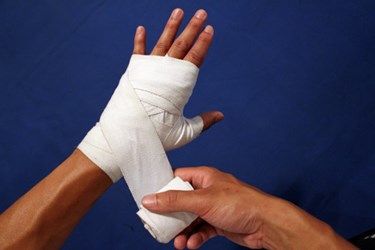Unilever Battles With Private Label Food Brands
By Karla Paris

With declining food sales, multi-faceted food maker seeks innovation to improve performance
Unilever released the results of its first quarter financial for 2014 on April 24, citing a near 2 percent decline in food sales growth and a 2 percent decline in volume growth for the same period.
So what’s behind the decline? One major factor negatively affecting Unilever is the rise of the private label food brand. Private label food brands are becoming more prominent in the U.S. as they are priced lower than branded food products due to operational efficiency. Private label, store-brand packaged goods account for nearly $109 billion in revenue within the U.S. market each year. Additionally, sales of store brand products, primarily food categories such as dairy products, have outpaced the sales of food manufacturers’ brands, generating gross margins of more than 35 percent.
Unilever is combating this with a variety of activities it has in store for the remainder of 2014. Some of the major activities include shedding under-performing products along with product and packaging innovations. Here is a glimpse of what the company is doing:
- Shopping one of its cornerstone brands, Ragu. Pasta sauce sales in the U.S. have declined by nearly 6 percent in the past two years. In line with this trend, Ragu’s sales have fallen by 18 percent since 2009. As the company is working to reestablish its food portfolio it has also sold its Wishbone, Skippy, and Peperami brands.
- Facing similar declines with its spreads business, Unilever is formulating its product line with the inclusion of simple ingredients such as canola oil, nonfat yogurt, salt, and natural flavors. Unilever’s I Can't Believe It's Not Butter!, Deliciously Simple, and Country Crock Simply Delicious have a better nutritional profile than butter.
- Augmenting its refreshment product category with product innovations. Unilever’s ice cream innovation program for 2014 includes products celebrating Magnum’s 25th birthday, Klondike Kandy bars, and Breyers Gelato in the U.S., a new Carte D’Or Artisanal range in Europe, and Cornetto with double topping and new flavors in China.
- Debuting its newly developed packaging that will contain a minimum of 15 percent less plastic. The new plastic packaging is set to be deployed first in Europe across the Dove Body Wash product line, before rolling the technology out to its other products. With up to 33 million Dove Body Wash bottles sold across Europe in 2013, the new technology could save the business up to 275 ton of plastic a year. A full roll-out across every Unilever product and packaging format could save the business up to 27,000 tons of plastic.
